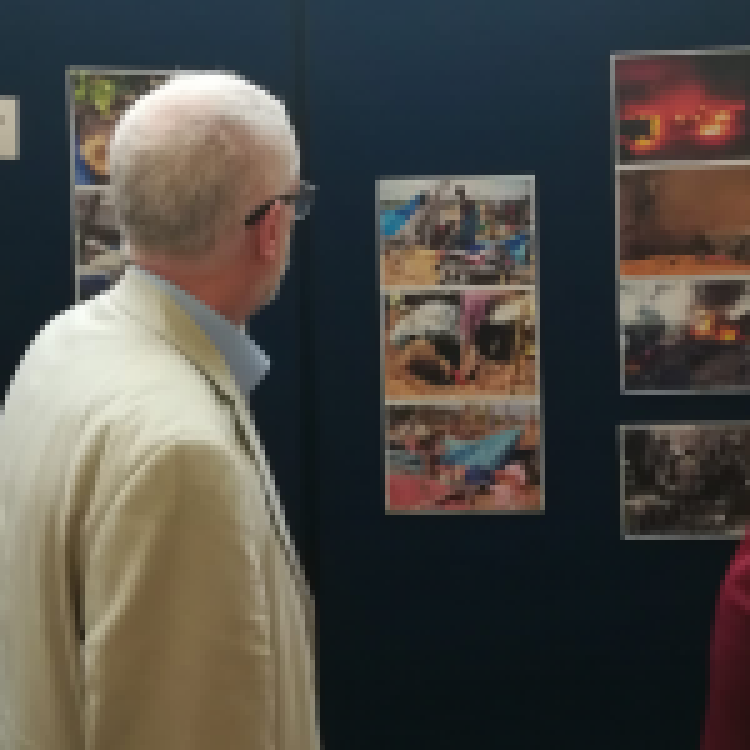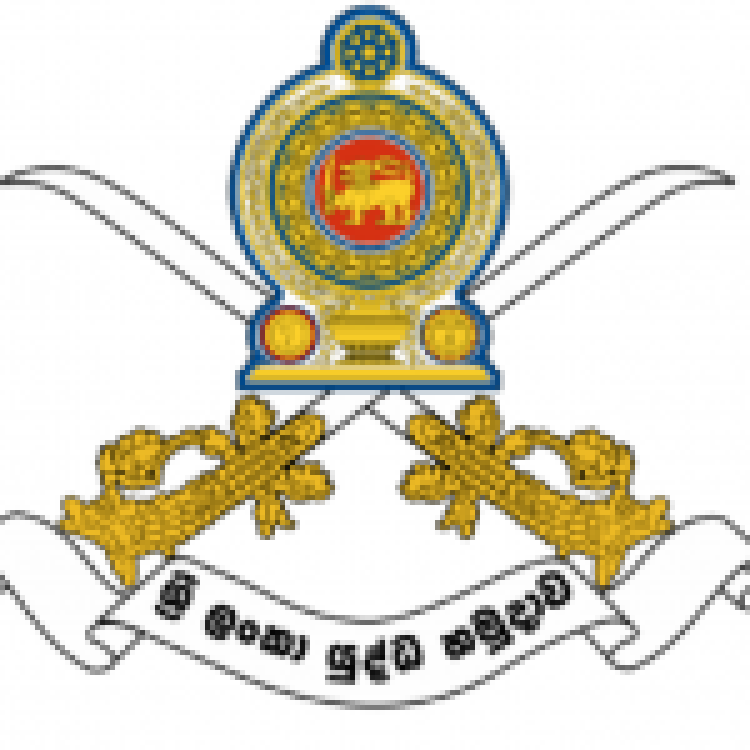<p>Amnesty International calls for accountability in Sri Lanka warning that a continued failure to deliver on the transitional justice process would further fuel violence.</p>
<p>Amnesty’s South Asia Director, Biraj Patnaik, warned that “as long as there continues to be impunity for series crimes under international law, Sri Lanka will not be able to decisively break from that [violent] history”. He further stated, “the wounds of the past will only heal if there is justice, truth and reparation”.</p>
<p>This statement follows the tenth anniversary of the Sri Lankan civil war and the deadly Easter Sunday bombings, in which more than 250 people were killed in three hotels and three churches were bombed.</p>
<p>In Amnesty’s statement, the organisation highlighted “key emblematic cases [which have] hardened a climate of impunity”. These cases include the forced disappearance of the famous cartoonist Prageeth Eknaligoda in 2010; the suspicious deaths of 27 inmates in Welikada prison in 2012; and, the ‘Trinco five’ case in which five Tamil students were executed by the Sri Lankan Special Task Force in 2006.</p>
<p>These cases are indicative of “a lack of political will to implement a credible accountability process, which is only holding the country back on its human rights obligations”.</p>
<p>In 2015 Sri Lanka signed UN Resolution 30/1 which committed the country to “establishing four mechanisms, Commission for Truth, Justice, Reconciliation and Non-Recurrence, the Office on Missing Persons, the Office for Reparations and a Judicial Mechanism with a special counsel”. </p>
<p>Amnesty reports that “the pace at which the government has handled this entire process is disappointing”.</p>
<p>Biraj Patna notes that the delay has negatively “affected victims’ faith in the entire transitional justice process” and calls on the Government to “ensure justice and provide effective remedies to victims of crimes under international law committed during the armed conflict”.</p>
<p>Read the full statement <a href="https://www.amnesty.org/en/latest/news/2019/05/sri-lanka-impunity-fuels…">here.</a></p>
We need your support. Every contribution counts.
Sri Lanka is one of the most dangerous places in the world to be a journalist. Tamil journalists are particularly at threat, with at least 41 media workers known to have been killed by the Sri Lankan state or its paramilitaries during and after the armed conflict.
Despite the risks, our team on the ground remain committed to providing detailed and accurate reporting of developments in the Tamil homeland, across the island and around the world, as well as providing expert analysis and insight from the Tamil point of view
We need your support in keeping our journalism going. Support our work today.



